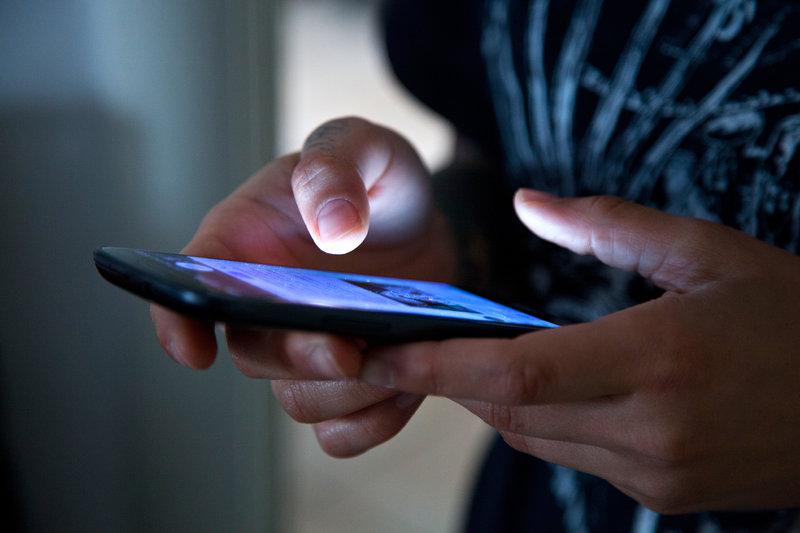
参考译文:54Doctor 周鹏远
让我们试试:发烧、头痛和头晕
大家在自己头痛、头晕、咽喉疼痛的时候,有没有想过通过google或者webMD这样的在线症状检查系统进行自我判断呢?我们想知道:在线症状检查真的准确吗?事实上,成千上万的人正在通过这种糟糕的在线症状检查系统来帮助他们自己做健康判断。
研究人员对23家(主要是美国和英国的)在线症状检查系统进行测试发现这些系统给出与该症状关联正确的潜在疾病信息的准确率只有1/3,也就是说由这些在线系统给出的有2/3的信息是错误的。
哈弗大学医学院主持healthcare政策研究的教授Ateev Mehrotra博士认为:人们在选择这类在线症状检查工具时应该意识到它们是不准确的,更不应该把这类系统给出的信息作为自我诊断的结论。他们甚至完全没有必要相信这些在线症状检查系统所提供的信息。这份刊载在《英国医学期刊(BMJ)》2015年7月8日的研究,考察了包括全球最的在线症状检查系统,包括:Ask MD, 英国的iTriage和梅奥诊所提供的互联网门户服务等等。每一家网站都输入统一的45个标准化患者的疾病症状,从复杂的肝脏衰竭、脑膜炎到简单的蜜蜂蛰伤。各系统提供的最终结果则大相径庭,有的系统给出了临床诊断,有的只是给出了一些建议,比如:待在家里或者去看医生,还有的让尽快去看急诊。
在线系统给出的这些处理意见作为提高诊断准确率的参考意见无疑是有益的,至少在紧急情况下是这样。当患者的病情非常危急时,80%以上的系统给出的意见是尽快去看急诊。
Mehrotra教授指出,在线症状检查系统能够及时给出处理意见比向患者提供诊断意见更为重要。对患者来说,当他们感觉自身不适时他们最需要知道的是:“我究竟该马上对这些身体不适做出处理还是呆在家里继续等待?”Mehrotra教授认为,相对于要搞清楚身体不适究竟是为什么,不如尽快去医院就诊更为重要。
另一方面,这项研究还发现这些在线症状检查系统对一些轻微的症状信息给出了过度的处理意见,比如有些情况让病人呆在家里多喝点鸡汤比建议患者去就医更适合。
“通过计算机给出诊断意见或治疗建议目前是一个比较前沿的课题”,Mehrotra教授说,“目前我们测试的是代在线症状检查系统,我希望我们的研究结果可以帮助他们进行技术提升”。
iMedicalApps的创始人Iltifat Husain博士对哈佛的这项研究结果并不表示惊奇,他认为移动医疗应用是一个全新的技术领域,尚未成熟,有待进一步提高。“你所看到的绝大多数与医疗相关的App都是这样”,他解释道,“越来越多的研究发现这些App并不符合循证医学的要求也没有充分参考医学的专业信息”。
然而,这并不妨碍威克福瑞斯特浸礼会医疗中心(Wake Forest Baptist Medical Center)的急诊科医生Husain支持这类App应用。他认为,“如果使用得当,这些App可以帮助患者更加积极主动地寻求及时就诊,判断是否需要到医院就诊比通过症状信息获得准确的诊断更为重要。特别要注意的是,临床诊断必须由医生来做。在线症状检查系统不可能也不应该给出最终的诊断,要知道,我们医生花了7年时间在医学院学习如何进行临床诊断,这是App无论如何也无法取代的。
Let's see: fever, headache and dizziness.
iStockphoto
We've all been there before: headache, dizziness, sore throat. Uh-oh! Better Google the symptoms or maybe try WebMD's online symptom checker to see what's wrong.
But how accurate are these online symptoms checkers, anyway?
Turns out, millions of people are entrusting their health to some pretty lousy diagnostic systems.
Researchers tested 23 online symptom checkers and found that the correct diagnosis was provided first on a list of potential illnesses only about a third of the time. That means symptom checkers are spitting out wrong diagnoses two-thirds of the time.
"People who use these tools should be aware of their inaccuracy and not see them as gospel," says Dr. Ateev Mehrotra, who led the research and is a professor of health care policy at Harvard Medical School. "They shouldn't think that whatever the symptom checker says is what they have."
The study, published Wednesday in The BMJ, examined some of the most popular online symptoms checkers, including Ask MD, iTriage, one from the U.K.'s National Health Service and another from the Mayo Clinic.
Each website was fed 45 standard patient vignettes with symptoms consistent with medical conditions ranging from acute liver failure and meningitis to mononucleosis and a simple bee sting.
The final information provided by the symptom checkers varied. Some provided a diagnosis, while others offered recommendations for care, such as stay at home, go to a doctor or head to the ER right away.
These treatment recommendations were right on compared to diagnosis accuracy, the research team says — at least when it came to emergency situations. In cases where the patients were seriously ill, the systems accurately urged them to head to the ER 80 percent of the time.
Timely treatment, Mehrotra says, is more important than getting the diagnosis exactly right. "If a patient isn't feeling well, they're thinking, 'Is this something I have to take care of right away or can I stay home?'" he says. "We do not think distinguishing the exact problem is as important as getting to the hospital right away."
On the other hand, the researchers found that the symptom checkers were overly cautious when it came to patients who had little cause for concern, suggesting they head to a clinic when staying home and having chicken soup was appropriate.
"Using computers to help diagnose and manage care is a new frontier," Mehrotra says. "This is just the first generation [of symptoms checkers], and I'm hopeful that this research can help them improve."
iMedicalApps founder Dr. Iltifat Husain agrees and is hopeful that the mobile health world will "mature and grow up" with time. Because current symptom checkers are so new, Husain, says he wasn't surprised by the results.
"This is pretty consistent with what you see with medical-related apps out there now," he says. "More and more studies are finding that apps are not using evidence-based techniques and that they don't adequately reference medical content."
However, that doesn't stop Husain — an ER doctor at Wake Forest Baptist Medical Center — from recommending online systems and apps like symptom checkers.
"If used appropriately, these apps can help raise red flags so a patient is more proactive and seeks care in a timely fashion," he says. "Nailing the specific diagnosis right away isn't necessarily as important as nailing down, 'Do I need a health care provider?'"
Besides, Husain adds, diagnosis is what doctors are made for.
"Symptoms checkers shouldn't be for getting that final diagnosis," he says. "We spend upwards of seven years in medical school and residency to figure out how to diagnosis effectively and an application isn't going to replace that."
(摘自:美国国家公共广播电台官方网站 NPR.org,7月9日,http://www.npr.org/sections/health-shots/2015/07/09/421460415/online-symptom-checkers-can-t-replace-the-good-ol-doc )



